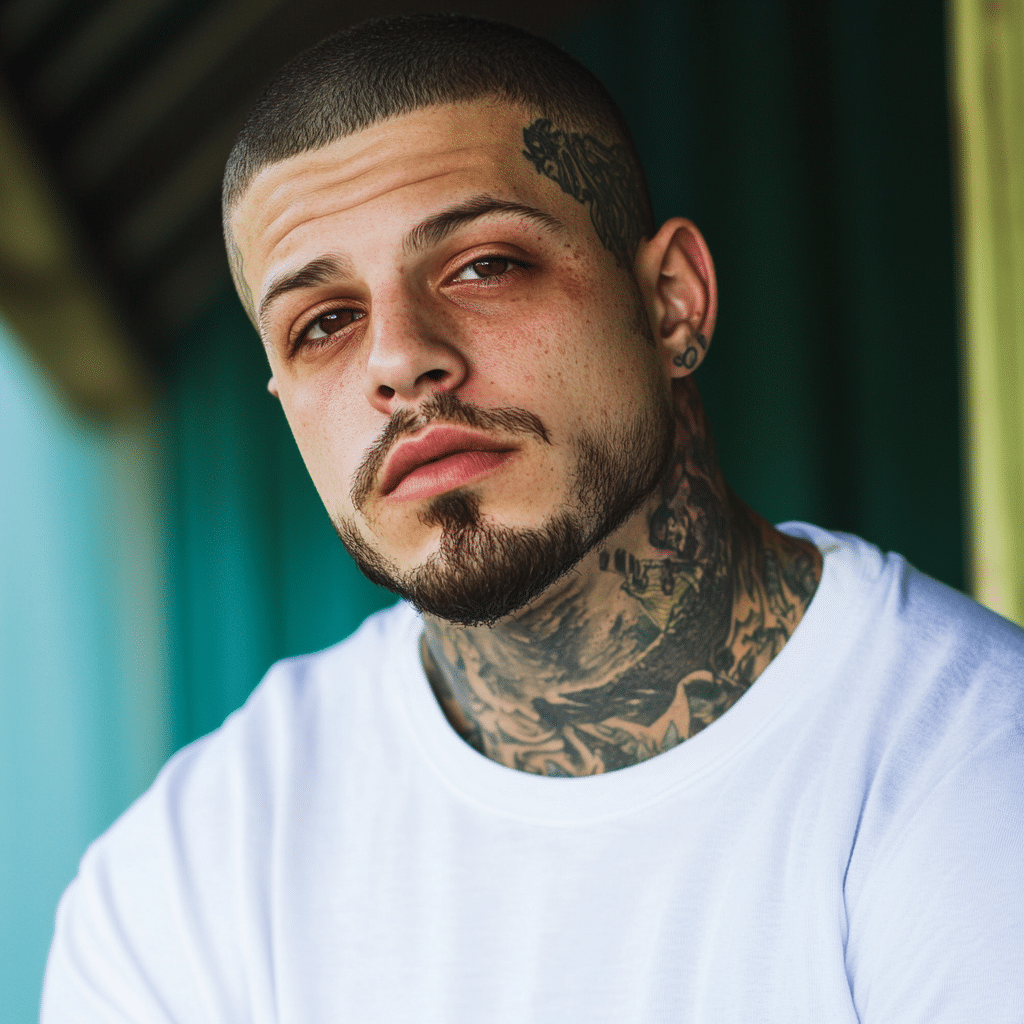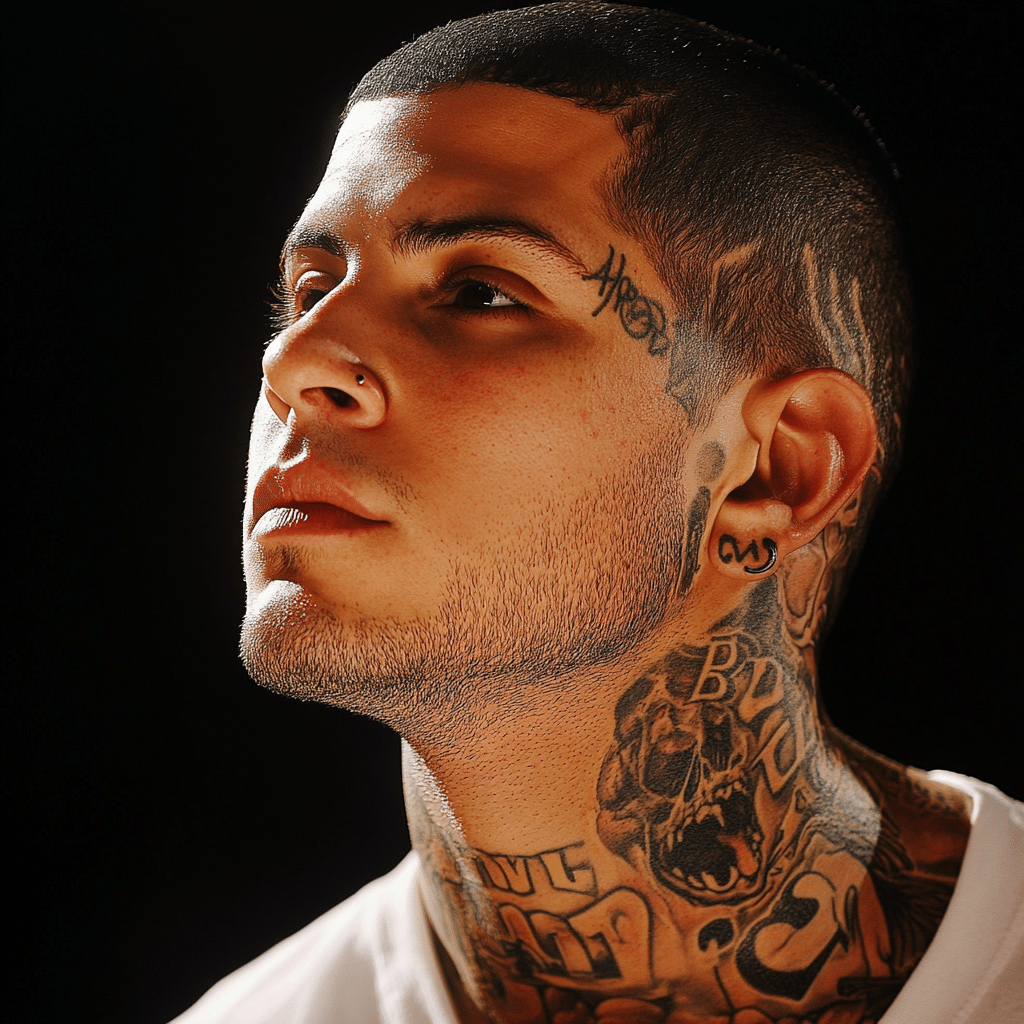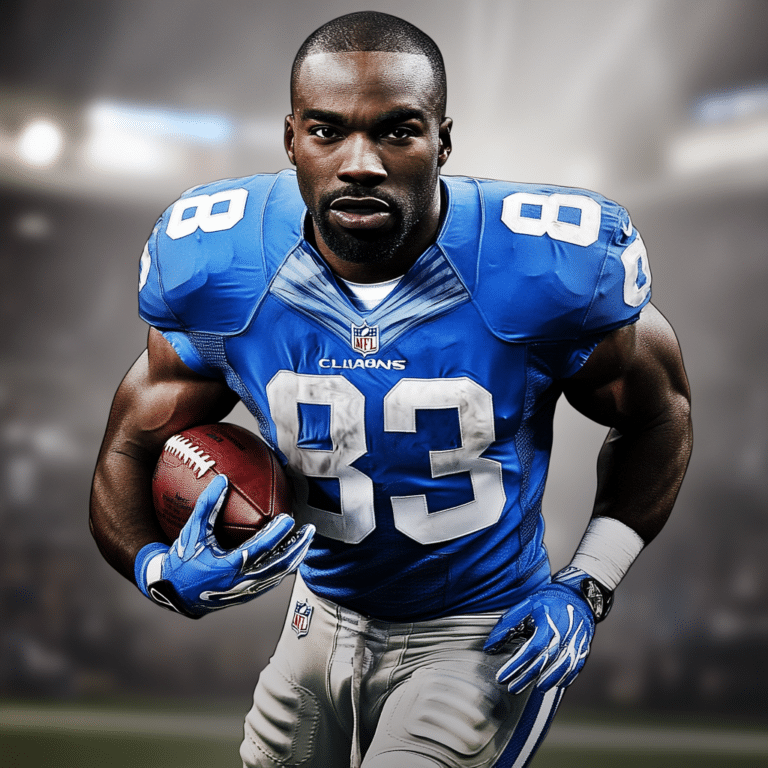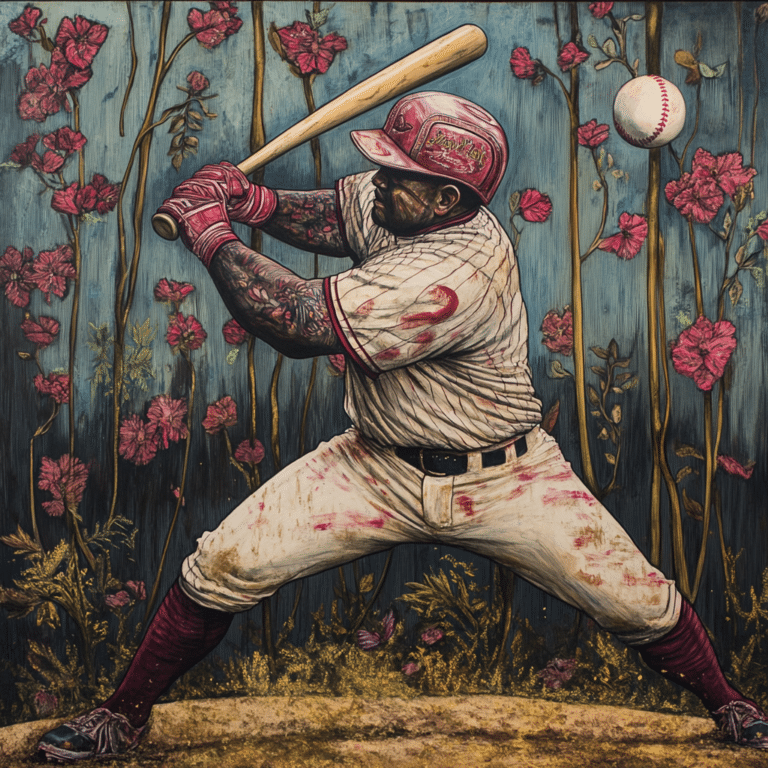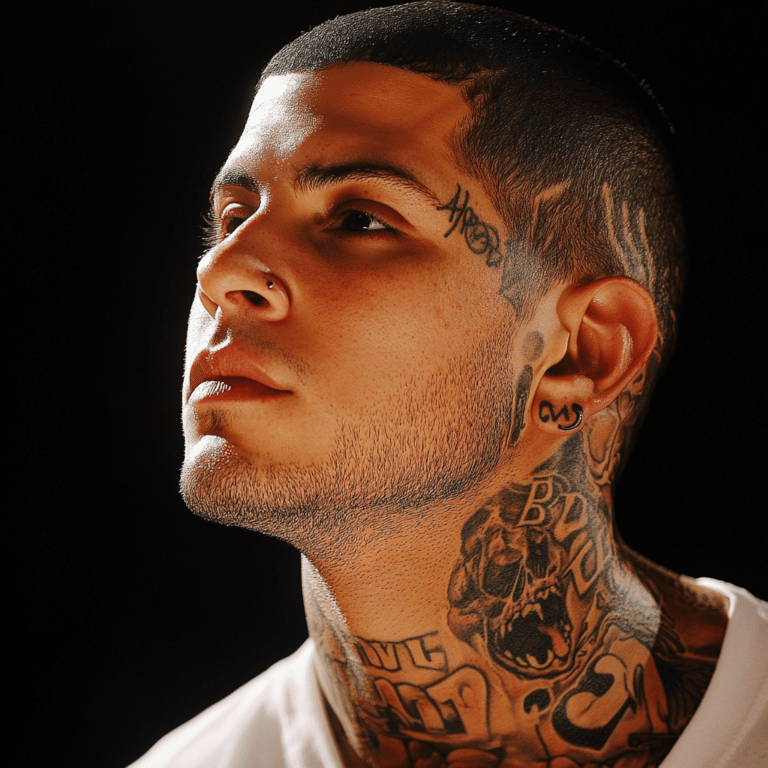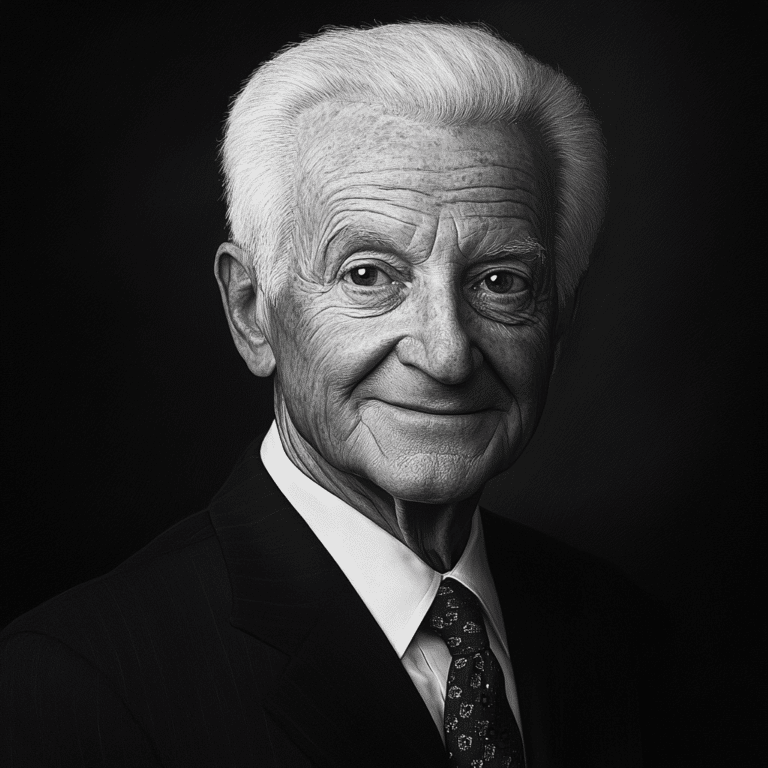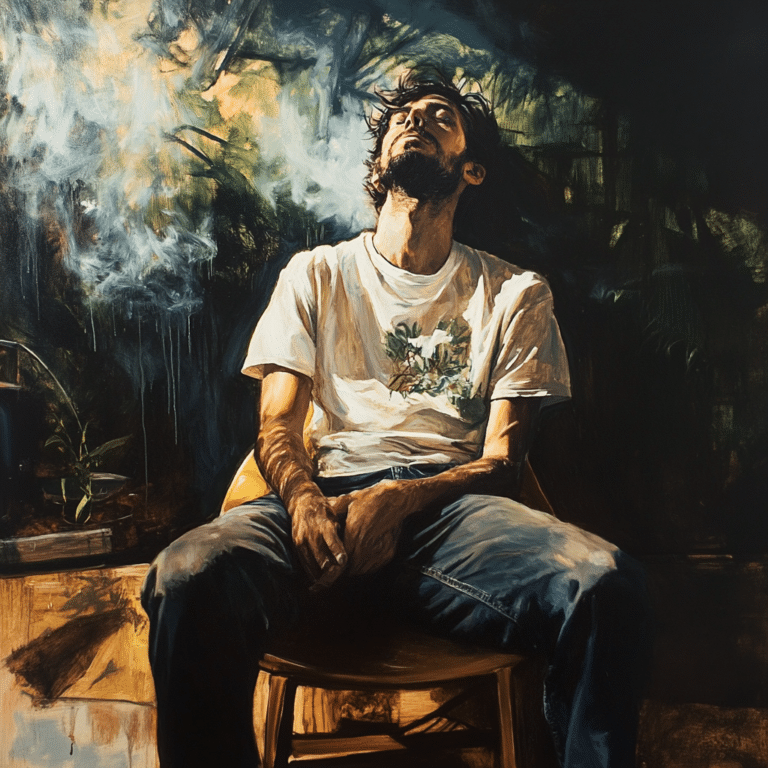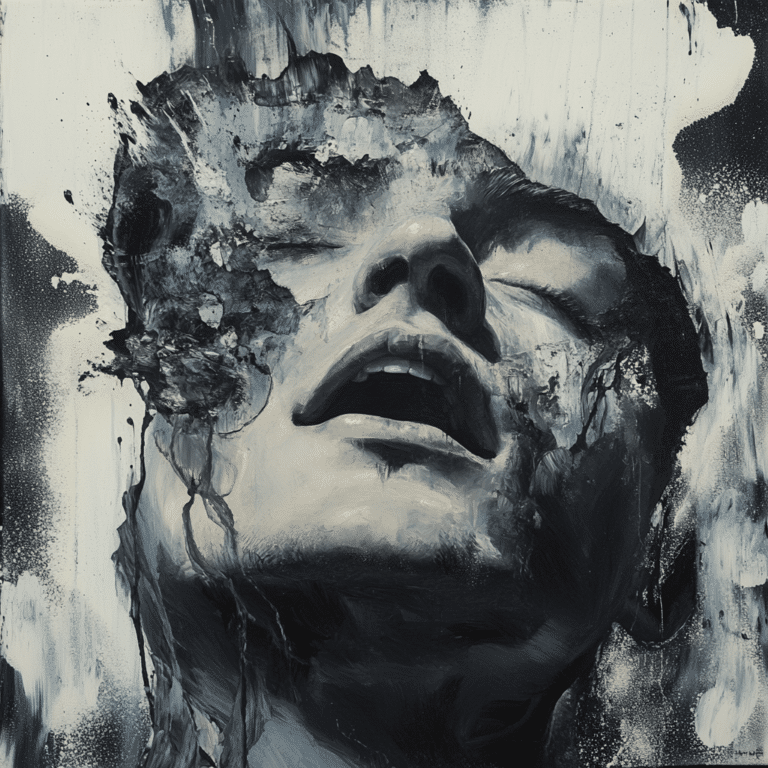The untimely death of Aaron Hernandez, a former NFL star, raised numerous questions that reverberated far beyond the sports world. Just 27 years old when he was found dead in his prison cell on April 19, 2017, his death was ruled a suicide by hanging. But how did Aaron Hernandez die in such shocking circumstances? To fully grasp this tragic end, we must delve into his tumultuous life, rife with violence, legal battles, and mental health struggles. The story of Aaron Hernandez isn’t just one of fame; it’s a cautionary tale about the challenges facing individuals in the spotlight, particularly how unresolved issues can spiral into despair.
The Shocking Decisions: How Did Aaron Hernandez Die at Just 27?
Aaron Hernandez’s journey from NFL stardom to prison was marked by a series of shocking decisions and heartbreaking events. Born into a troubled environment, his early life was marred by instability and exposure to violence. Still, he showcased immense talent on the field as a standout tight end for the New England Patriots. His success, however, was obscured by personal demons that would ultimately lead to his downfall.
In 2013, Hernandez was arrested and charged with the murder of Odin Lloyd, his associate, amidst a backdrop of gang affiliations and criminal behavior. The ensuing trial captivated the media landscape. By 2015, he was convicted and sentenced to life in prison without parole. Throughout this time, the transformation from a Super Bowl champion to a convicted murderer was bewildering for fans and critics alike.
Hernandez’s mental health issues escalated during his incarceration. After his death, researchers discovered that he had severe Chronic Traumatic Encephalopathy (CTE), a degenerative brain condition common among athletes who’ve sustained repeated head trauma. This diagnosis fueled discussions about the mental health crisis in sports—an issue that has been largely overshadowed by the glamor of professional play. Hernandez’s tragic demise emphasizes the need to address mental health in sports and beyond, calling for increased awareness and support for those struggling.

The Tragic Arc: From Super Bowl Champion to Infamy
Early Life and NFL Stardom
Aaron Hernandez’s rise to fame is a classic American rags-to-riches story, one that quickly transformed into a tragedy. Growing up in Bristol, Connecticut, Hernandez faced significant challenges. He was involved in a culture that glamorized violence, a reality that would foreshadow his later life choices. His remarkable athletic ability eventually earned him a coveted spot with the New England Patriots.
Hernandez’s on-field performances were nothing short of electrifying. He played a crucial role in the Patriots’ Super Bowl XLVI run, solidifying his status as one of the NFL’s rising stars. Yet this fame didn’t come without hidden scars. The pressures of celebrity culture and an unstable upbringing stoked an inner turmoil that would lead to catastrophic decisions.
Legal Troubles and Murder Conviction
The turning point in Hernandez’s life came swiftly. On June 17, 2013, the body of Odin Lloyd was discovered in an industrial area near Hernandez’s home. As the investigation unfolded, authorities uncovered a complex web of violence, gang ties, and betrayal surrounding Hernandez. He was ultimately arrested and charged with murder—a dramatic fall from grace that shocked the NFL community.
The subsequent trial revealed the depths of his disturbing life choices and raised questions about accountability in the sport. His conviction in 2015 sentenced him to life without parole, marking a significant shift from being celebrated as a promising athlete to making headlines for all the wrong reasons.
Mental Health Crisis and Suicide
Hernandez’s mental health spiral accelerated in prison. Diagnosed post-mortem with CTE, his case echoed the struggles faced by many athletes, raising alarms about the long-term effects of repeated head trauma. CTE is believed to significantly impact mood and behavior, leading to issues like depression and impulsivity among those affected.
The ramifications of these mental health struggles are stark. By the end of his life, Hernandez felt isolated, trapped by choices he could not escape. His suicide was not just a personal tragedy; it reflected a broader need for urgent reform in how society and sports organizations handle mental health—especially amongst those once celebrated for their skills.
Reflections on Fame and Demise: How Did Celebrity Culture Play a Role?
Aaron Hernandez’s life story is not merely one of an athlete gone wrong; it’s an examination of the dark side of fame. Like many high-profile figures, he was caught in the relentless grip of public scrutiny and expectation. The pressures that come with such visibility can sometimes lead individuals down a path of destruction, often requiring them to grapple with demons that linger beneath the surface.
The plight of Hernandez resonates deeply with other celebrities who’ve struggled. Consider Heath Ledger, who, in 2008, faced his own tragic end due to a drug overdose. Much like Hernandez, Ledger found himself burdened by fame, facing internal battles while constantly under the spotlight. Both men remind us that fame does not equate to happiness—evidently, neither had worked through their personal crises before it was too late.
A Cautionary Tale for Future Generations
The legacy left behind by Aaron Hernandez serves as a critical warning. Just as the media and society once idolized him, they must also reckon with the consequences of glorifying fame without discussing the underlying issues it may bring. Whether it’s mental health, substance abuse, or personal struggles, these challenges require attention and understanding.
Moreover, the phrase “how did Aaron Hernandez die” opens a dialogue on what can be done to prevent more tragic endings like his. By advocating for mental health resources and empowering athletes with supportive structures, society can start to make a difference. Conversations must focus on helping those in the limelight navigate the challenges that accompany their celebrity status, rather than merely sensationalizing their downfalls.
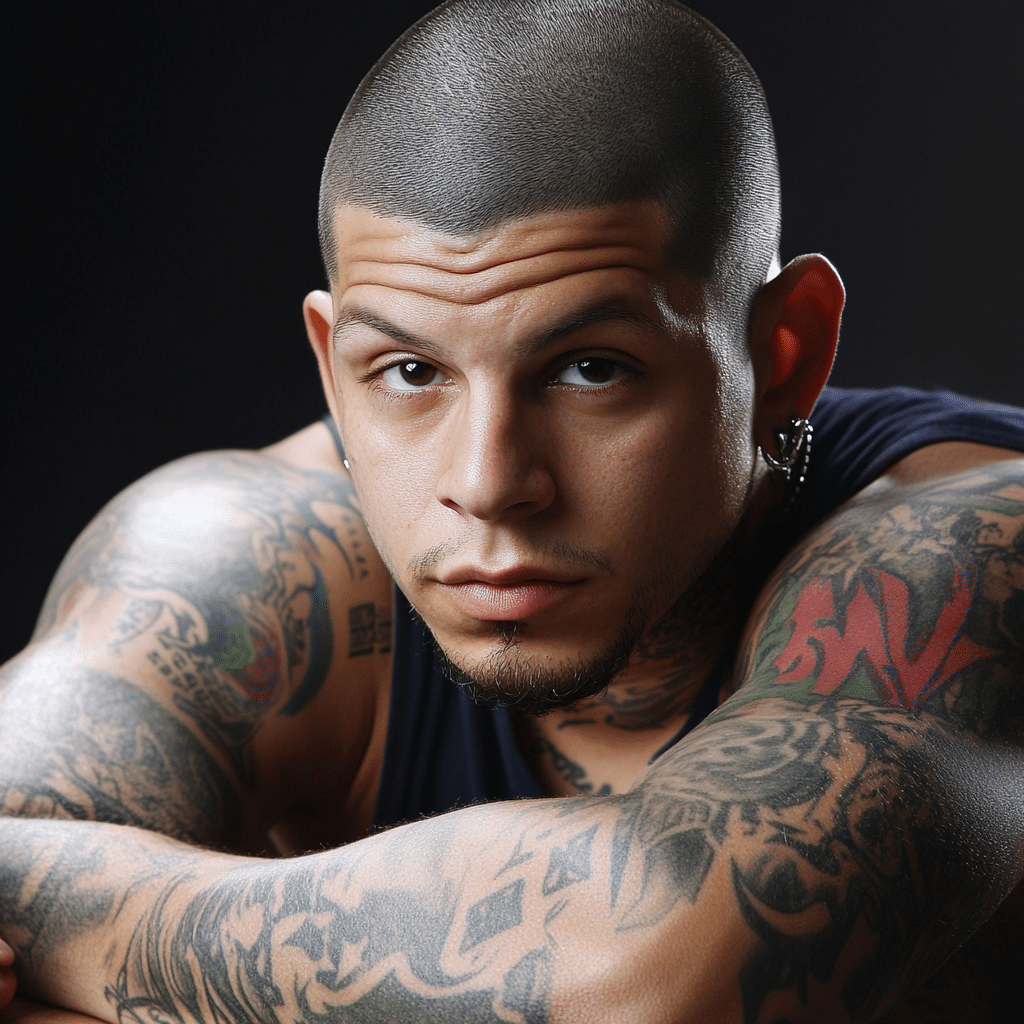
Unraveling the Mysteries: How Did Other Celebrities Meet Their Fate?
Unfortunately, the tragic fates of celebrities are not limited to Aaron Hernandez. The world has seen many lives cut short, each telling its own troubling tale that echoes Hernandez’s.
Paul Walker: A Sudden and Unexpected End
Paul Walker, famed for his role in the “Fast & Furious” franchise, died in a tragic car accident on November 30, 2013. His story underlines the risks associated with the fast-paced, high-adrenaline lifestyle that often accompanies fame. Walker’s sudden demise was a stark reminder of the fragility of life, much like Hernandez’s, casting a long shadow over fans and followers.
Jacoby Jones: Battling Personal Challenges
On a different note, the trajectory of NFL player Jacoby Jones raises critical questions too. While he remains alive, Jones’s experiences speak volumes about the dark side of fame. After surviving a serious assault that could have ended in tragedy, it makes one wonder: what did Jacoby Jones die from? The implications of fame often lead to dangerous situations, requiring scrutiny of the environments athletes navigate both on and off the field.
The Larger Question of Mental Health in Sports
The stories of Hernandez, Walker, and others speak to a broader trend—the pressures faced by athletes often contribute to their challenges in managing their mental health. Important dialogues surrounding these subjects can spur change, not just within sports but across various sectors of society.
The Legacy of Aaron Hernandez: Lessons Learned from a Troubled Life
Ultimately, Aaron Hernandez’s death is a pressing call to action. It compels society to have hard conversations about mental health, the trials of celebrity culture, and the long-term implications of physical injuries in sports. By examining the factors that led to his demise, we unearth an opportunity to drive progress in awareness, prevention, and support for those at risk.
It is crucial for the conservative values we hold dear—that of personal responsibility and community care—to guide our understanding of such tragedies. While we cannot change what happened to Hernandez, we have the opportunity to do better going forward. His legacy encourages a cultural shift toward prioritizing mental well-being, ensuring that personal struggles are met with resources, understanding, and care.
As we ponder, “how did Aaron Hernandez die,” let’s remember the humanity behind the headlines. Each story teaches us something vital, reminding us to advocate for those around us and value life as the precious gift it is.
How Did Aaron Hernandez Die?
Aaron Hernandez’s tragic end came as a shocking episode that captured national headlines. The former NFL star was found dead in his prison cell on April 19, 2017, an event that sparked widespread media coverage and a flood of questions — not just about the details but also his troubled life. The autopsy revealed Hernandez died by suicide, using a bed sheet to hang himself. But the questions surrounding his mental state and the circumstances leading to his demise left many intrigued. There’s an underlying reason why some might draw parallels to the somber reports in Egypt news reflecting the struggles some face.
The Unraveling
Before the day he took his life, Hernandez had been acquitted of double homicide charges just days prior. The emotional rollercoaster of the outcome, despite multiple headlines about controversies and legal battles, raises eyebrows. In a way, it echoes stories in nato news about decisions that significantly affect life paths. Adding a layer of intrigue, Hernandez was rumored to have high levels of a substance similar to that in medical exams, prompting discussions on if, Is Xanax a narcotic played a role in his troubled mind; the intersection of mental health and sports performances is far from straightforward.
Digging Deeper
Interestingly, the prison where he died conducted a psychological evaluation that concluded he was suffering from severe mental health issues, including chronic traumatic encephalopathy (CTE). This degenerative brain condition is linked to repeated head traumas that football players often endure. As we reflect on how did Aaron Hernandez die, it becomes essential to recognize what other factors contributed to his situation. Just as viewers of Movi often wrestle with complex narratives, the tragic story of Hernandez’s life is no less tangled. Furthermore, stories about public figures like Hernandez often provide a backdrop for understanding struggles faced by many athletes, something Dotty seeks to explore.
The human element is paramount as we examine the chilling details. After all, stories like Hernandez’s serve as potent reminders of the fragility of life and the often uncharted paths leading to such tragedies. So, the next time you ponder how did Aaron Hernandez die, think not just of the what, but also the circumstances that buoyed the man—and the cautionary tales scattered throughout celebrity narratives that echo around us.
